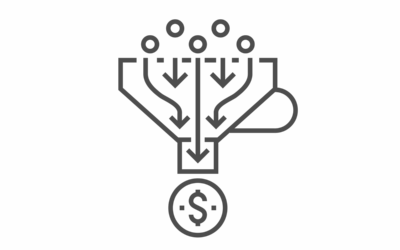I recently read an article from Lifehacker titled How Clutter Affects Your Brain, and What You Can Do About It. The title immediately caught my attention. As a (fairly) recent graduate, I’m still figuring out my own system for managing emails, files and documents, both work and personal. I’ve always considered myself an organized person in school, with my to-do lists, deadlines and neatly planned out study plans – but making the switch from busy student to public relations agency employee was still an adjustment.
The article is written by a web designer who changed the way he approached consumption in his life, to decrease clutter and improve productivity. His article gave some tips on cutting both physical and digital clutter, though I must admit I was most interested in how to cut the digital clutter. Just one year into my life in the real world and I’ve already been scolded twice by my Outlook for having too many emails!
Author Mikael Cho’s tips were definitely helpful, so read on to learn from both of us.
- Apply constraints. The author suggests setting limits and rules on consumption, such as the number of people he follows on Twitter or number of apps he downloads. I’m completely in agreement with him on that, but also think that constraints need to occasionally be applied to time that we are consuming information and media. By giving myself a break from hearing other people’s thoughts, it allows my brain to “reboot” and get my own creative thoughts flowing.
- Use small storage spaces. The second tip is to limit the storage space available to force yourself to cut down on stuff. When it comes to digital storage, streamline folders occasionally and clean them up. If there are different versions of a document saved somewhere and you really only need the final, archive or delete the others. When you’re looking for the information later, you’ll find it much more easily.
- Conduct a monthly review of your “closet.” Cho suggests reviewing your “closet” each month to get rid of items you haven’t worn. On a related note, check your client and sent folders in Outlook at the end of the month to see if you can get rid of a few emails with big attachments (that are also probably saved somewhere on your computer!) or those extra notes with duplicate information.
- Remove files from your desktop daily. According to Cho, cluttered computer desktops naturally make workers feel uneasy. I’ve found that I have accumulated many random files and photos on my desktop that I have saved to be able to find easily later to resend or upload somewhere. Save them where they really belong or trash them if you don’t need them.
Overconsumption of digital information can have the same effect on your brain as physical clutter. Put your phone on silent while you sleep – and that doesn’t mean it can vibrate – if you’re able, or only allow emergency calls. Set aside some time to decompress each day, even if it’s only for a few minutes. The small period of downtime and your de-cluttered life will help your productivity and creativity in the long run!
Elisa Graciaa – @elisaaaag


